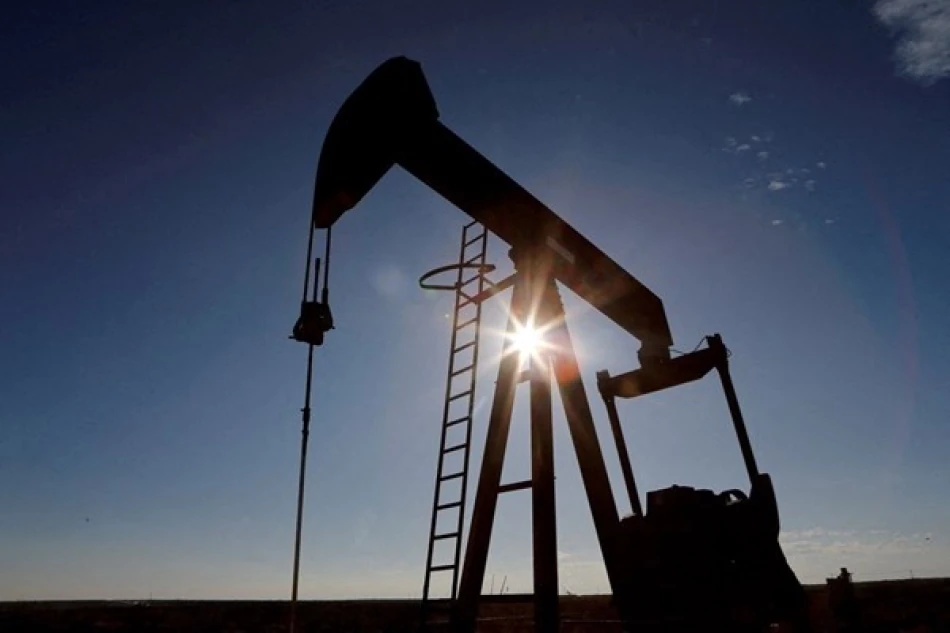
OPEC+ Freezes Production Hikes for Q1 2026, Maintaining Market Stability
Eight major oil-producing nations, including the UAE, Saudi Arabia, and Russia, agreed to slightly increase oil production starting December 2025 while maintaining their commitment to market stability. The countries will boost output by just 137,000 barrels per day from their voluntary cuts announced in April 2023, but they're keeping the flexibility to reverse these changes if market conditions shift.
The virtual meeting brought together OPEC+ members who had previously announced additional voluntary production adjustments in April and November 2023. These countries currently maintain cuts of 1.65 million barrels per day as part of their broader strategy to support oil prices.
The decision reflects what the producers see as positive economic indicators and strong market fundamentals, particularly lower global oil inventory levels. But the increase represents only a small fraction of their total voluntary cuts, showing continued caution about flooding the market.
Here's where it gets interesting: the countries built in seasonal considerations, deciding to freeze any production increases during January, February, and March 2026. This timing aligns with typically weaker demand periods in the oil market.
The producers emphasized they can reverse course quickly. They retained full flexibility to extend, cancel, or reverse any voluntary adjustments, including the separate 2.2 million barrel per day cuts announced in November 2023. This gives them significant control over market supply.
The group also addressed compliance issues. Countries that exceeded their production quotas since January 2024 committed to fully compensate for those extra barrels. They'll hold monthly meetings to review market conditions and monitor compliance, with the next gathering scheduled for November 30, 2025.
For oil markets, this signals a careful balancing act. The producers want to support prices without creating shortages that could hurt global economic growth. The modest increase suggests they're testing market appetite while keeping their options open.
The Joint Ministerial Monitoring Committee will track production levels and compliance, ensuring countries stick to their commitments. This oversight mechanism has become crucial as oil producers navigate between supporting prices and maintaining market share in an increasingly competitive global energy landscape.
Most Viewed News

 Layla Al Mansoori
Layla Al Mansoori






